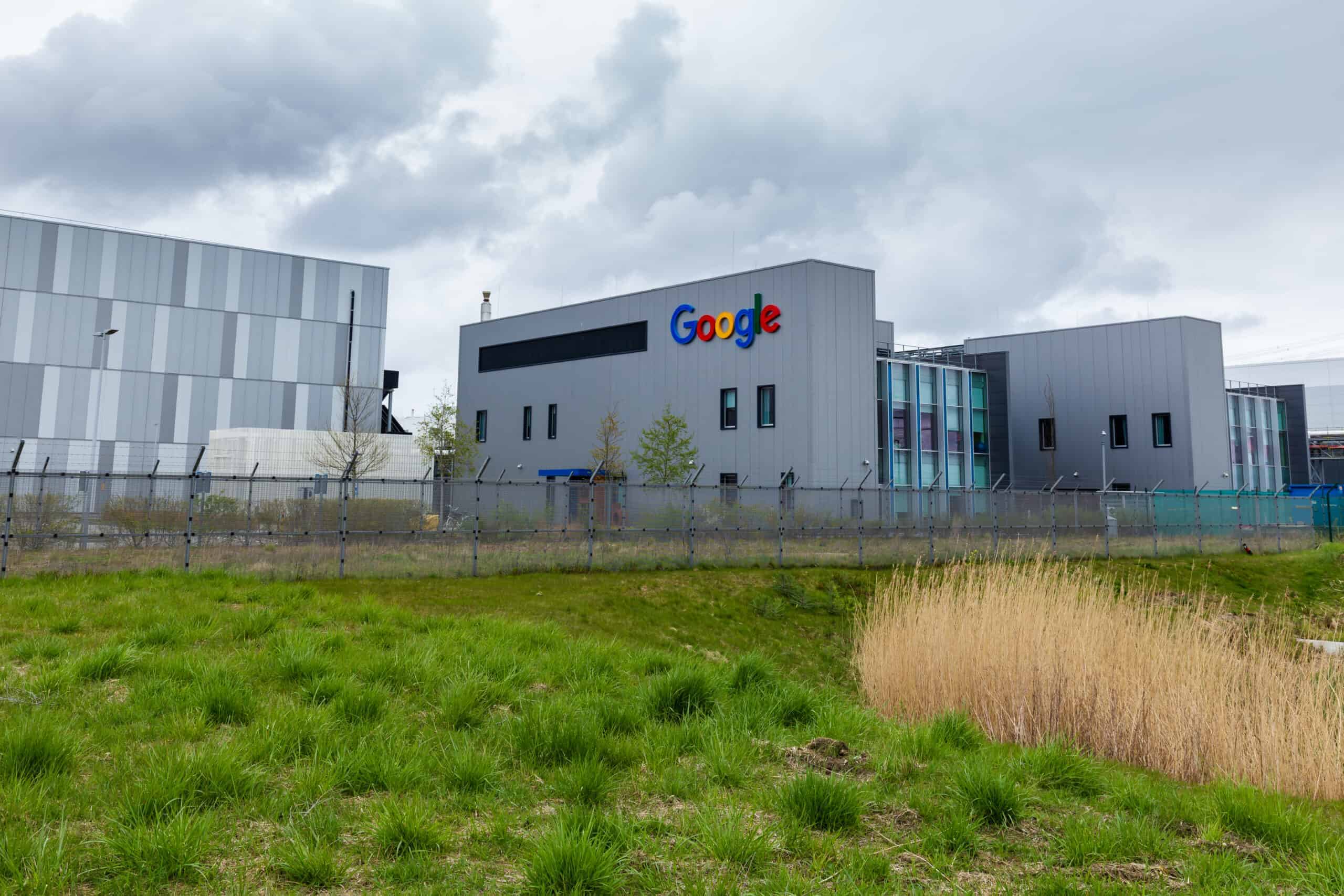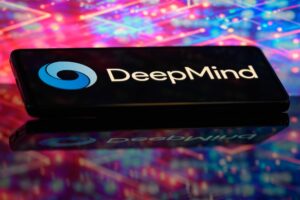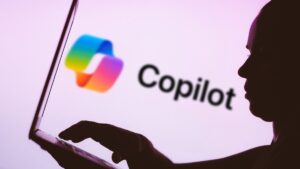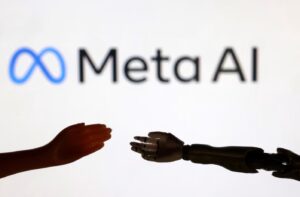DeepMind Developing AI Capable of Simulating the Physical World

Google is forming a team led by Tim Brooks focused on creating generative AI models that can simulate the real world.
Tim Brooks previously worked with OpenAI on a video generation project called Sora. In October, he joined Google’s AI research division, Google DeepMind. This division has ambitious plans to develop large generative models that aim to replicate real-life scenarios, as Brooks mentioned in a recent post on X. He is currently in the process of building a team for this initiative, as reported by TechCrunch.
Brooks has outlined that this new team will work in collaboration with Google’s existing Gemini, Veo, and Genie teams. The goal is to tackle significant challenges and scale their models to utilize advanced computational power effectively.
Real-Time Simulation Models
Gemini is Google’s primary set of AI models designed for various tasks, including image analysis and text generation. Veo, on the other hand, is Google’s dedicated model for generating videos.
Genie represents Google’s approach to world modeling, enabling AI to simulate games and 3D environments interactively and in real time. The latest iteration of Genie, revealed in December, can generate numerous playable 3D worlds.
According to Brooks, enhancing AI training with video and multimodal data is vital for achieving Artificial General Intelligence (AGI)—a kind of AI that can handle almost any task a human can perform. These world models are expected to play a critical role across various sectors, including visual reasoning and real-time interactive entertainment.
Brooks’ new team will work on creating tools for real-time interactive generation and explore possibilities for integrating these models with existing ones like Gemini.
The Promising Future of World Models
Several startups and established tech companies are exploring the potential of world models. Notable names in this field include World Labs, founded by prominent AI researcher Fei-Fei Lee, the Israeli startup Decart, and Odyssey. These organizations believe that world models could revolutionize interactive media, enabling the development of video games and movies as well as running realistic simulations for training robots.
Opinions among creative professionals regarding this technology vary. A recent survey by Wired highlighted that game studios like Activision Blizzard, which have recently laid off numerous employees, are incorporating AI to cut costs and boost productivity. Likewise, a 2024 study commissioned by the Animation Guild predicts that over 100,000 jobs in the U.S. film, television, and animation sectors may be impacted by AI advancements by 2026.
Some new companies in the world modeling space, like Odyssey, have expressed a commitment to partnering with creative professionals rather than replacing them. Whether Google will adopt a similar approach is yet to be determined.
Challenges Related to Copyrights
Another concern surrounding world models is the issue of copyrights. Some models seem to rely on snippets of gameplay footage, which could expose the companies developing these models to potential lawsuits for using unlicensed material.
Google, which owns YouTube, claims it can train its AI models using videos from the platform based on its terms and conditions. However, the company hasn’t specified which exact videos are utilized in its training processes.
Tip: Google has integrated its DeepMind and Brain teams to create a unified team known as Google DeepMind.






